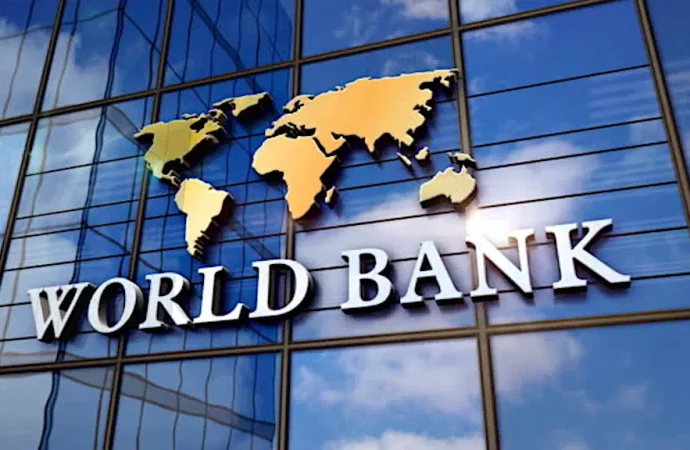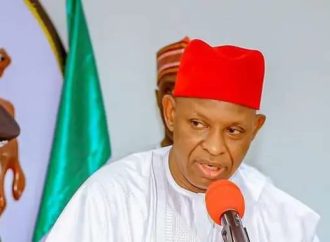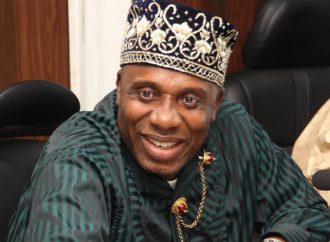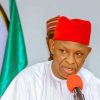World Bank Warns of Rising Poverty in Nigeria: A 5-Year Surge Projected A new report by the World Bank has cast a troubling spotlight on Nigeria’s economic trajectory, projecting a significant rise in poverty over the next five years. Released during the ongoing Spring Meetings of the International Monetary Fund (IMF) and the World Bank
World Bank Warns of Rising Poverty in Nigeria: A 5-Year Surge Projected

A new report by the World Bank has cast a troubling spotlight on Nigeria’s economic trajectory, projecting a significant rise in poverty over the next five years. Released during the ongoing Spring Meetings of the International Monetary Fund (IMF) and the World Bank in Washington, DC, the Africa’s Pulse report foresees a 3.6 percentage point increase in Nigeria’s poverty rate by 2027.
This projection comes despite signs of economic resilience, particularly from Nigeria’s non-oil sector, which recorded gains in the last quarter of 2024. However, deep-rooted structural challenges—such as overreliance on oil revenues and persistent national fragility—are expected to undercut these gains and hinder meaningful poverty reduction.
2Baba Set To Say “I Do” Again: Traditional Wedding With Lawmaker Lover To Hold In Benin
Poverty Projection Paints Grim Outlook for Nigeria
According to the report, Nigeria, along with other resource-rich and fragile economies in Sub-Saharan Africa like the Democratic Republic of Congo, is on a path of deepening poverty. This trend contrasts with non-resource-rich countries in the region, which are forecasted to reduce poverty more rapidly due to stronger performance in agriculture and better fiscal stability.
“Poverty in resource-rich, fragile countries—including large economies like Nigeria—is projected to increase by 3.6 percentage points between 2022 and 2027,” the report reveals.
Sub-Saharan Africa remains the global epicenter of extreme poverty, accounting for 80% of the world’s 695 million extremely poor people in 2024. Within this region, four countries alone are home to half of the 560 million people living in extreme poverty, further emphasizing the concentration of poverty in specific areas.
The Bank’s analysis links high poverty rates with a combination of natural resource dependence and institutional fragility. In 2024, resource-rich countries experiencing fragility or conflict had poverty rates averaging 46%—a staggering 13 percentage points higher than their more stable counterparts.
Factors contributing to this outlook include declining oil prices and fragile fiscal systems, which leave countries like Nigeria vulnerable to external shocks. Conversely, countries less dependent on natural resources are benefiting from elevated agricultural prices and broader economic diversification, helping to offset global inflation and debt pressures.
To address the rising tide of poverty, the World Bank urges Nigeria to enact substantial fiscal reforms. These include strengthening public financial management, expanding tax bases, and building a stronger social contract that prioritizes inclusive economic growth.
The message is clear: without deliberate policy action, Nigeria risks being caught in a poverty trap that undermines its potential for sustainable development. As global focus sharpens on economic resilience and social equity, the path Nigeria chooses now will significantly shape its future well-being.





















Leave a Comment
Your email address will not be published. Required fields are marked with *